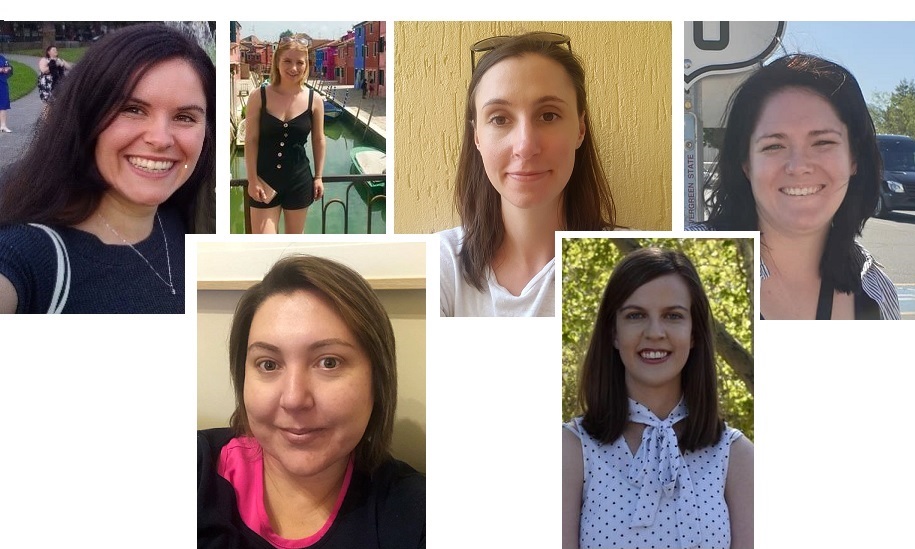Medical adventures in rural Australia

“If someone had told me at the start of my medical degree I would be moving to Far North Queensland for my post-degree internship, I would have thought they were a bit crazy,” Lucy Kirk laughs.
Yet that is exactly where this 4th year medical student is headed in 2021, thanks to a placement at Cairns Base Hospital through the John Flynn Placement Program (JFPP).
“Although I always intended to undertake some of my years as a junior doctor in a regional setting, I would not have considered Cairns without exposure through the JFPP,” says Lucy.
The ‘clinical years’ - when medical students participate in front line work - are some of the most challenging but exciting. Being given the opportunity to travel to a new location, to meet new clinicians and a range of patients, and to learn about unusual pathologies relevant to specific locations, offers an insight into what life might be like as a junior doctor.
The JFPP is specially designed to give the future medical workforce a taste of a rural career, with 300 placements offered to students around Australia. The placements (a total of 8 weeks) are generally undertaken during university holidays over a 3 or 4 year period.
This year’s cohort of placement awardees from the ANU Medical School includes: Jessie Booth (NSW placement), Natalie Gordon (TAS placement), Gemma Howdle (NSW placement), Jamillah Noordin (NSW placement), Peta O’Brien (NSW placement), Natasha Polzin (NSW placement), and Emily Symmons (QLD placement).
“For most of us this will be the first time we’re undertaking clinical work away from the ANU Medical School campus," says Jessie. “Having grown up in Hobart, seeing a new part of Australia and experiencing life in a rural community is an exciting prospect.”
Emily, who grew up in regional Townsville will head to rural Queensland for her placement. “I’m eager to get out of the classroom and enjoy hands on experience. I’m interested to see first-hand the practical and personal impact medicine can have on people living in rural communities.”
Gemma agrees, “I’m confident the JFPP will allow me to experience a wide range of situations, with the support only a close rural medical team can provide. I’m looking forward to working with a mentor and becoming part of a team. Returning yearly will allow me to reinforce that connection to the community.”
“I’m keen to understand how the medical community deals with disadvantage. I’ll be situated in Burnie, Tasmania which has one of the lowest health literacy rates in Australia,” explains Natalie. “I’m also looking forward to experiencing real life emergency department work in a regional setting.”
As someone who has been through the program and gained a job as a result, Lucy Kirk has the following words for this year’s awardees, “Rural communities are faced with many challenges that urban communities are not. For me, the experience gained through the JFPP enhanced my perception of a doctor’s role in the community and my concept of what a “good doctor” looks like. I know those chosen for the JFPP will learn lots and I hope they enjoy the experience as much as I did.”
